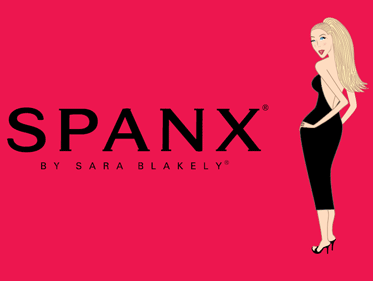If you are planning to ask for a grant or a loan then you do need to help your evaluators understand that you do know what you are doing by submitting a business plan. In fact, this is a mandatory component of most business plans.
Having a business plan in place can also help the agency or lender determine very basic things about you such as whether or not your business is profit or non-profit and whiter or not it is a sole, partnership or corporation. The business plan tells them what your mission or goal is, how profits will divide and who will benefit if you get that money. It also provides a critical path tells other what you will be able to achieve on certain dates. It also tells investors who gets what and on what schedule if the venture makes a profit.
Writing a business plan can also help you figure out where you might be ineligible for certain types of funding and where you might need to add documentation.
When you put a plan together you are able to do things step-by-step and the people who read the plan are better able to follow your logic for the business For instance, doing a business plan can reveal that you have to file papers for non-profit status and produce that documentation number before you are eligible to get federal or state loans and grants.
Writing out a business plan is all about looking at the hard core non-negotiable costs of making your business aspirations a reality. Not only is it a promotional tool but it also serves as a personal map full of goals and markers about what you will do to reach your goal.
A business plan should also include projected profits and a cash flow analysis. This is information that can be included in just about any grant proposal. It can also give your grantors or investors an idea of how you plan to repay any loans.
In essence your business plan should include a description of the business, a marketing plan, a discussion of finances and description of how it will be financed. Some grantors will also requisite information about patents, copyrights, intellectual property and your fictitious business name.
Not all of the applications that you file for will require everything that is in your business plan but it is good to have it available as you could be asked for supporting documentation. Also getting all of your information from the same source helps keep your information consistent from organization to organization. This can be important if you are getting money from multiple government sources for the same project; sometimes they will cross check to make sure that all of your facts and figures match.




